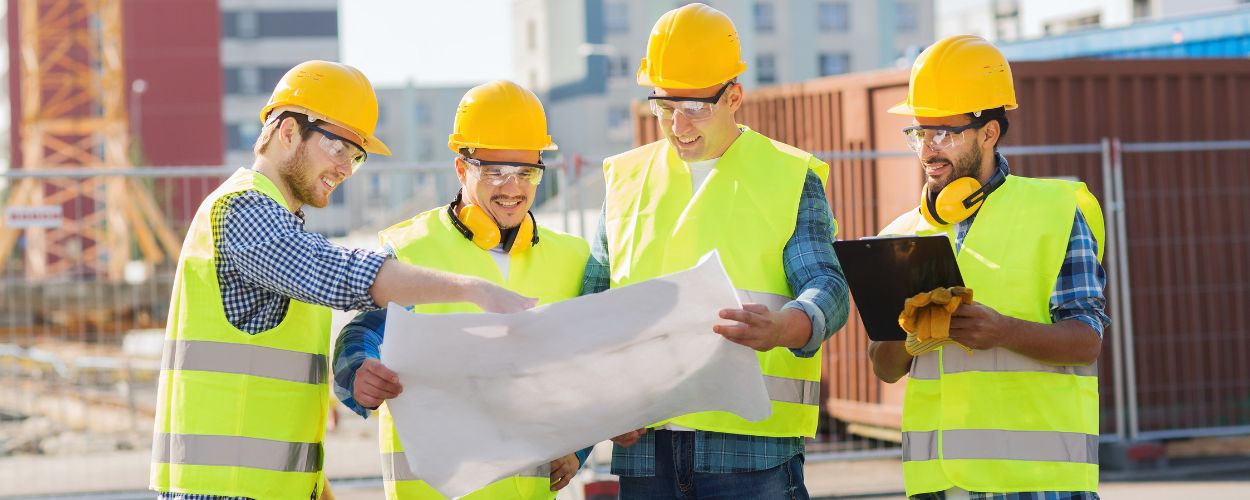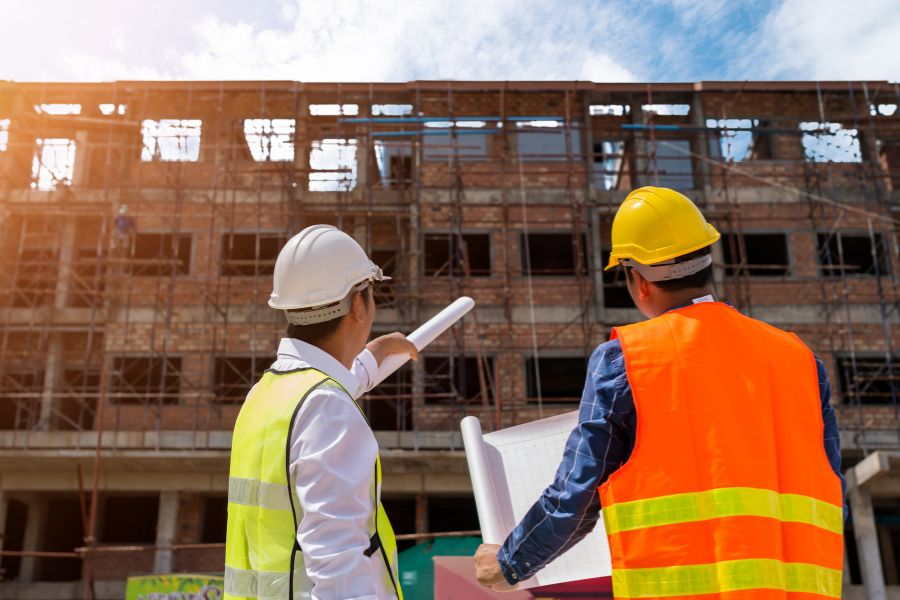Get free quotes within minutes
What Happens After You Sign A Building Contract?

Residential building contracts are legally enforceable contracts that specify terms between contractors and homeowners while the project is being built or renovated. They usually include information about project requirements, schedules, costs, and responsibilities. Payment plans, project scope, change order protocols, and dispute resolution procedures are crucial components of a building contract. Contracts offer a foundation for cooperation, ensuring that each party is aware of their responsibilities and preventing miscommunication. It is frequently required to comply with municipal building laws and regulations.
A residential building contract that is successful will promote transparency and confidence throughout the construction process by requiring clear communication, accurate documentation, and mutual consent on changes to the project. Read this blog to learn more about building contracts.
Building Contracts Unveiled: Essential Insights for Smooth Construction Processes
Understanding Residential Building Contracts
The building contract is a comprehensive document that forms the backbone of any construction project. Important elements include the building specifications, the contract itself, house designs, engineering plans, building specifications, homeowners' warranty, and unique conditions. It's important to have clear channels of communication and agreement over fittings, inclusions, and roles. It is imperative to confirm the builder's qualifications, comprehend any delays, and reach an agreement regarding the start and finish dates.
Special Requirements Need To Be Carefully Considered
For the benefit of both parties, progress payments, defect responsibility periods, and variations must be handled correctly. Paying attention to provisional total and prime cost categories helps prevent unexpected costs. It is advised to get legal advice, particularly for cost-plus contracts and domestic building warranty insurance. An organized project is essential, and documentation is a vital point of reference in case of disputes.
Clear Everything With Your Builder
Building a new home and construction projects is not easy. These initiatives need a lot of planning, documentation, funding, project management, and patience, at a minimum. It also entails attending to several legal matters, such as drafting a contract with a constructor. Thus, when starting to build your new home you must consider building a contract for smooth construction processes. It might be confusing, particularly if you've never built a house before. When you sign a building contract, you and the builder will be bound by certain terms that will help you better understand what's in store.
Negotiating and Reviewing the Contract
For homeowners, researching and negotiating a residential building contract is an essential first step. Effective negotiation requires proactive discussions, mutually beneficial balance-finding, and clear communication of demands to create a fair and favorable agreement. It is advised to consult a construction lawyer for expert guidance in navigating complex issues, identifying possible risks, and developing negotiation strategies. Homeowners should carefully go over the contract to ensure that it is fair, clear, and comprehensive, paying particular attention to aspects such as scope, cost, and dispute resolution. A smooth building process is mostly dependent on careful contract review and negotiation diligence, which reduces risks and disagreements.
Project Mobilization
The first thing to do after the contract is signed is to start the project. This includes preparing the building site, obtaining the required licenses, and creating a project schedule. Throughout the process, the contractor will arrange for the supply of materials, establish safety procedures, and open channels of communication with you.
Regular Communication
The key to every construction project's success is effective communication. Your contractor will provide you with regular updates on the project's status, any unexpected challenges, and any changes that should be made to the budget or schedule. Encouraging regular meetings and status reporting will support transparency and enable prompt decision-making.
Project Kickoff Meeting
Setting clear expectations and objectives is an essential initial stage in any project. The client, contractor, and important subcontractors are among the members of the project team who discuss the project's scope, schedule, and any particular requirements during this meeting. This ensures that all parties are in agreement and lessens the possibility of future misunderstandings.
Inspections and Quality Control
Several inspections will be carried out during the construction phase to make sure the work complies with building codes and quality standards. These examinations could consist of plumbing, electrical, and structural examinations, among others. These inspections will be organized by your contractor, who will also handle any issues identified.
Change Orders
Unexpected events or client requests may necessitate alterations to the initial plan at times. Change orders, which specify the adjustments in terms of scope, cost, and timing, are used to document these changes. Before these changes are put into effect, both parties must consent to them.
Progress Payments
A series of progress payments is usually used to finance construction projects. These payments are contingent upon reaching particular goals specified in the agreement. You will pay the contractor when these milestones are reached. It's critical to keep a careful eye on the project's development and make sure that payments correspond to the finished work.
Punch List and Final Inspection
When construction draws to an end, a list of all the things still to be done is made, indicating what has to be done. After addressing these issues, a final inspection is carried out to make sure the project satisfies all requirements and is prepared for occupation.
Final Payment and Closeout
The project is officially closed out and the final payment is made upon successful completion and approval. Getting the necessary documentation, warranties, and releases from subcontractors is part of this. Additionally, the contractor will give you advice on how to take care of and maintain the newly constructed space.
Conclusion
The act of signing a building contract initiates a cooperative process aimed at fulfilling your construction goals. As the project progresses, maintaining timeliness, having efficient communication, and providing frequent updates become critical. Transparency and project alignment are ensured by careful management of change orders, inspections, and progress payments. The building process comes to an end with the final inspection and closeout, and you have the joy of seeing your idea become a reality. A well-structured building contract and open communication lay the groundwork for a fruitful collaboration, transforming the signed contract into the design for a beautifully constructed space.





